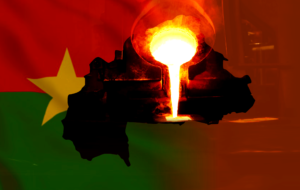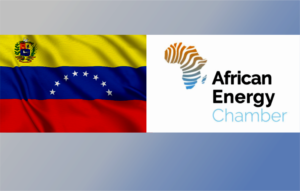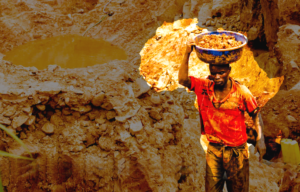Mozambique Joins Africa’s Gas-Producing Nations, by first Localizing Cooking Gas
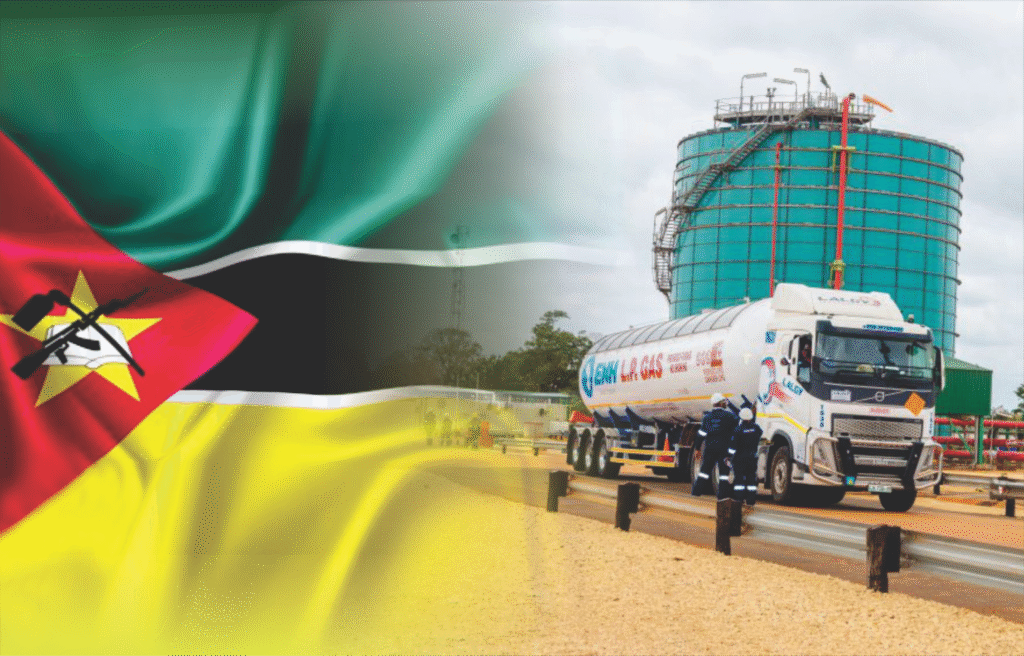
Mozambique has taken a significant step toward reshaping its energy future and the daily lives of millions, with the launch of its first-ever locally produced cooking gas. The milestone elevates the country into the group of African nations capable of processing their own Liquefied Petroleum Gas (LPG), a shift that carries economic, political and social weight far beyond the gas fields of Inhambane.
The breakthrough came after Sasol successfully completed an experimental loading of LPG at the new Integrated Processing Facility (IPF) in Inhassoro. Built under a Production Sharing Agreement between Sasol Petroleum Mozambique, the Mozambican government and the National Hydrocarbons Company (ENH), the plant is one of Africa’s most advanced gas-processing sites. With an annual production capacity of 30,000 tonnes, the facility is expected to cut Mozambique’s cooking gas imports by roughly 70%.
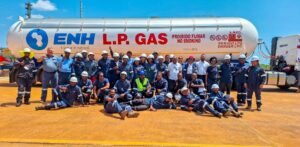
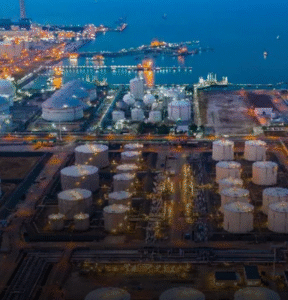
From Maputo’s dense suburbs to remote rural districts, the impact could be immediate and tangible for the ordinary families. A more stable and affordable supply of LPG promises relief from the volatile price swings of imported gas, while offering families a cleaner alternative to charcoal and firewood. In a country where most households still rely on biomass for cooking, locally produced LPG could reduce health risks from indoor smoke, lessen the burden on women and girls who spend hours collecting firewood, and ease pressure on Mozambique’s deforested landscapes.
The project shows a growing determination by Mozambique’s government to assert greater control over the country’s vast natural gas wealth. After years of watching foreign companies extract offshore resources for export, domestic gas monetization is becoming a national priority, both to strengthen energy security and to increase local economic benefits. As this is a significant step towards monetizing natural gas within the country. Because domestic processing keeps more value at home.
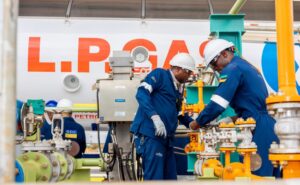
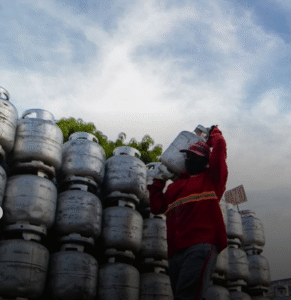
The timing also reflects a broader shift across Africa. Governments from Nigeria to Tanzania are pushing to process hydrocarbons locally rather than exporting raw materials and re-importing finished products at higher prices. Algeria remains the continent’s dominant LPG producer, generating more than half of Africa’s total output, while Egypt and Nigeria also operate sizeable domestic markets. Emerging players such as Ghana, Angola and Uganda are expanding their refining and storage infrastructure to meet rising household demand.
Mozambique’s entry into this group points at an ambition be an Africa among the energy producers, translating energy resources into socioeconomic opportunity. Local LPG production could stimulate job creation in transport, retail and maintenance, strengthening industrial capacity, creating an attractive core to woo-in investors’ certainty.
In the meantime, the first locally produced cylinders of cooking gas, carries an indication representing a new chapter in Mozambique’s relationship with its natural resources. If managed well, this new era could bring cleaner kitchens, stronger energy sovereignty, calving a pathway of inclusive economic growth built on Mozambican-made energy.


